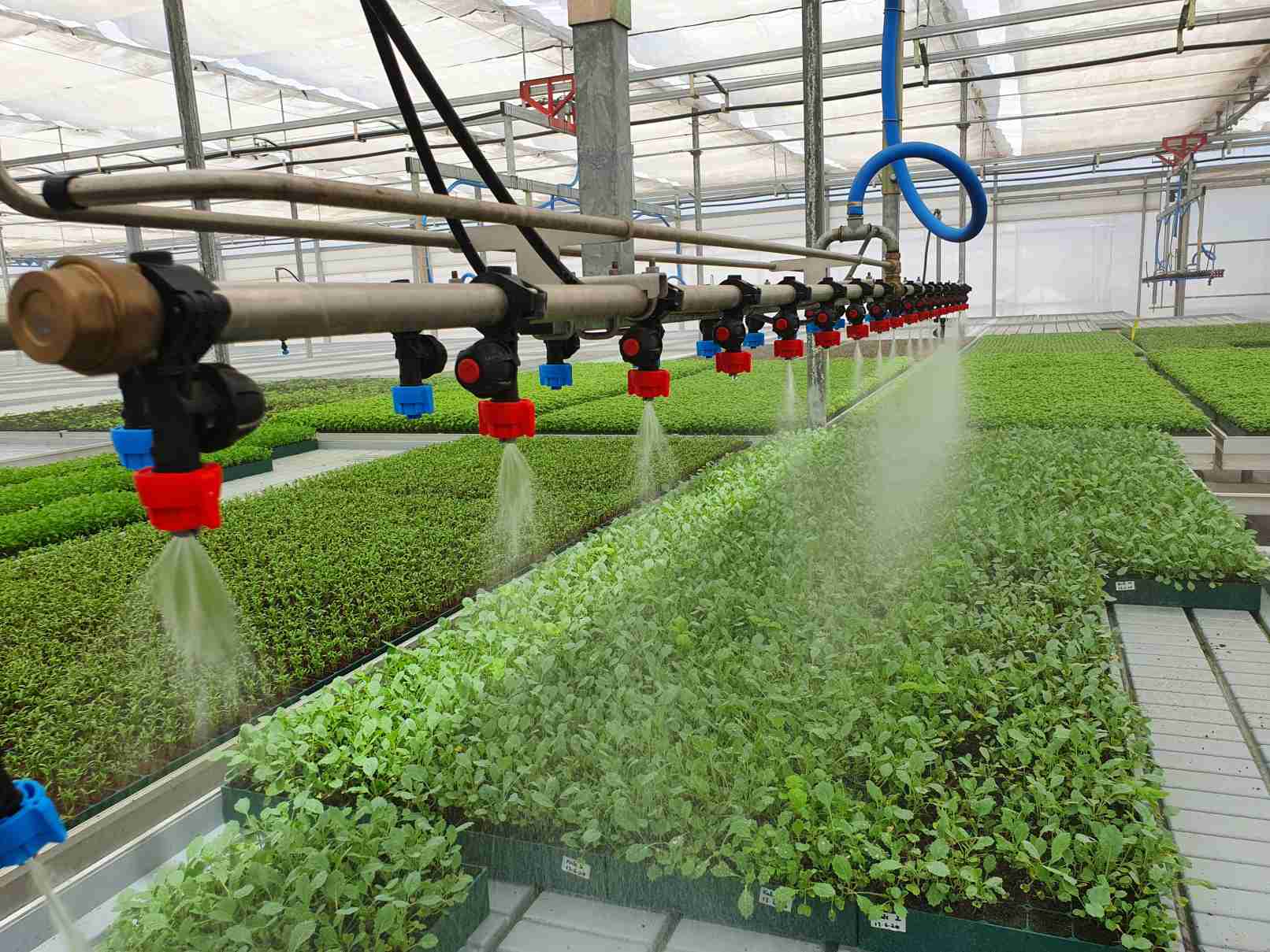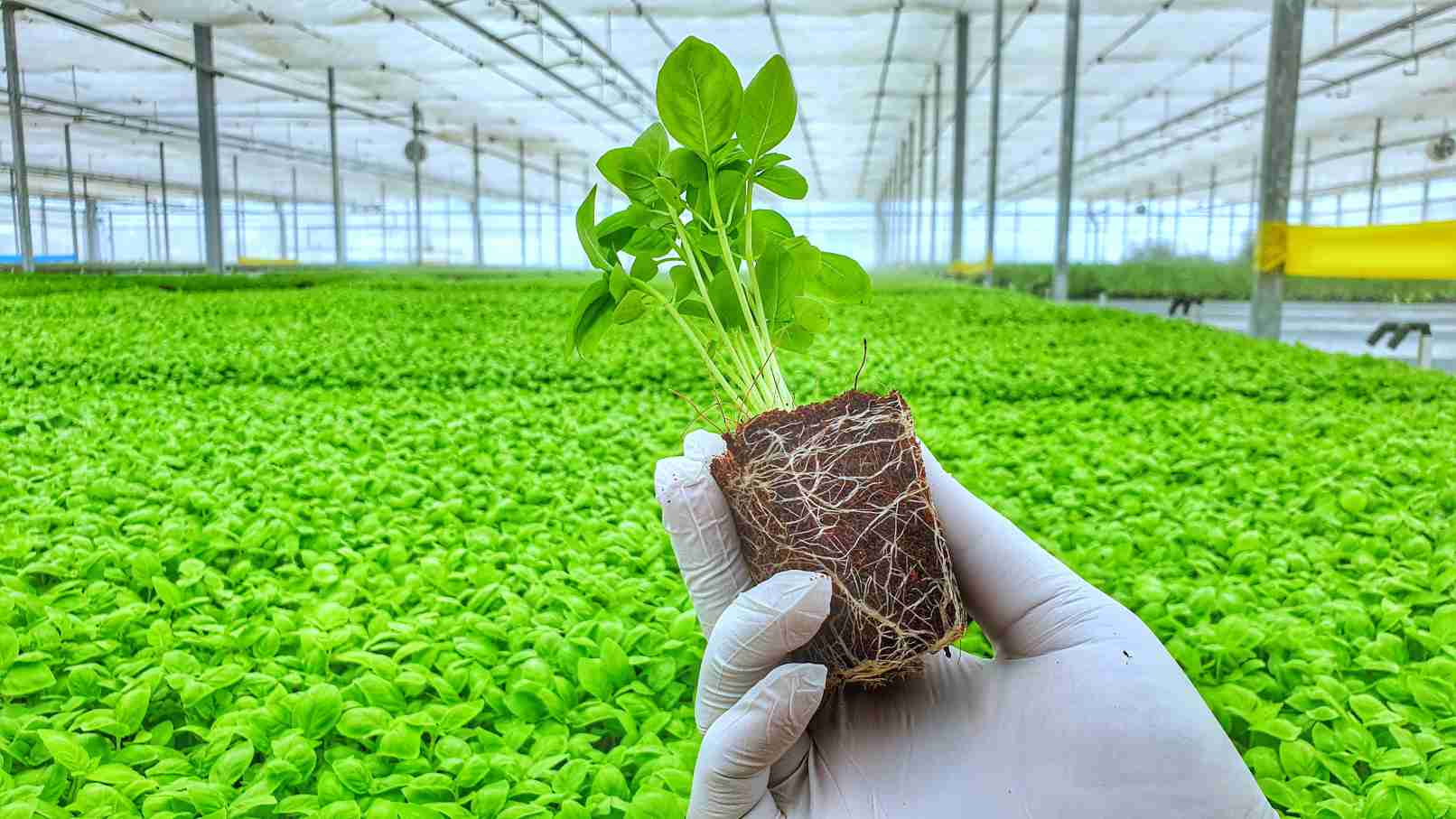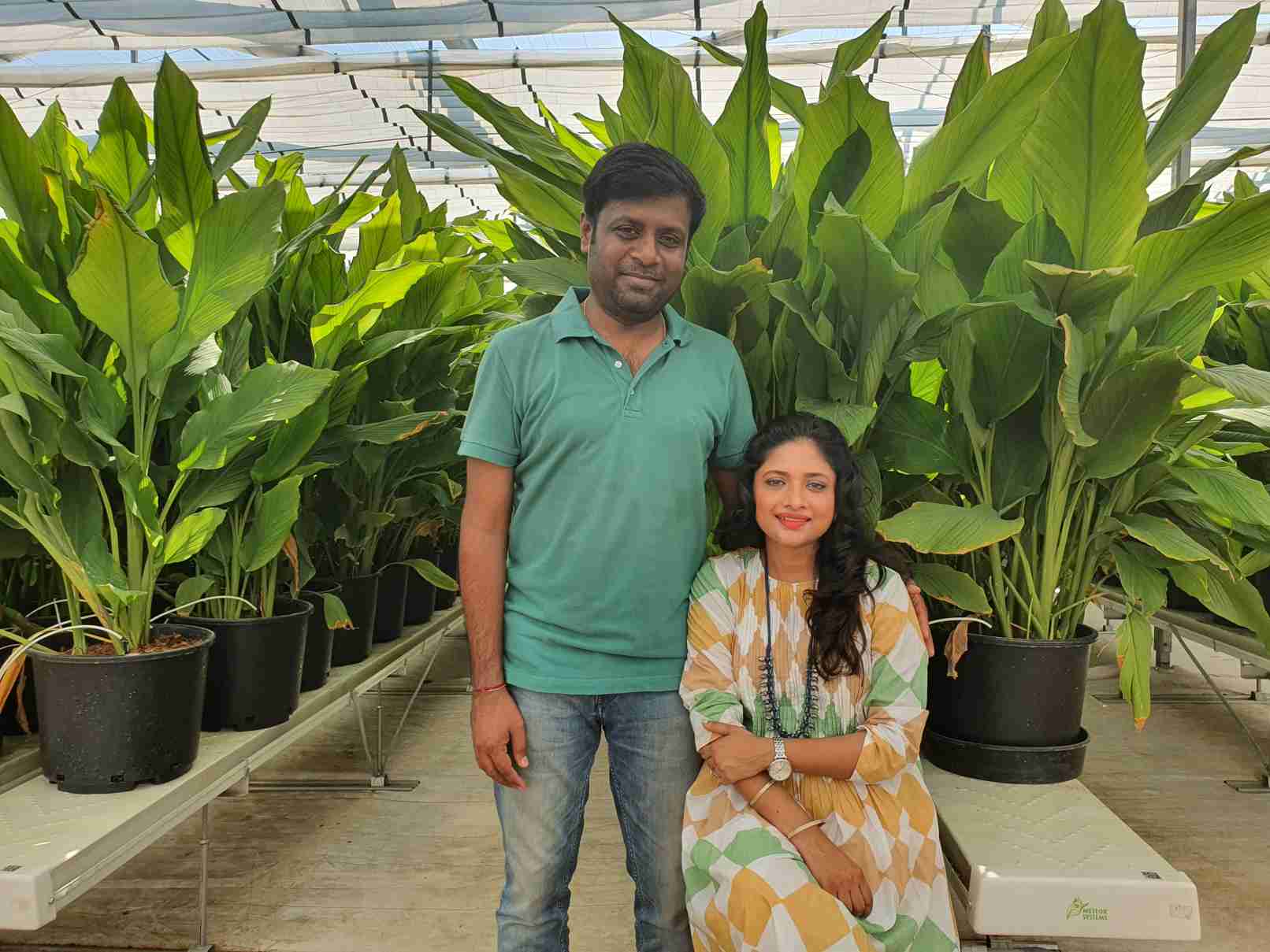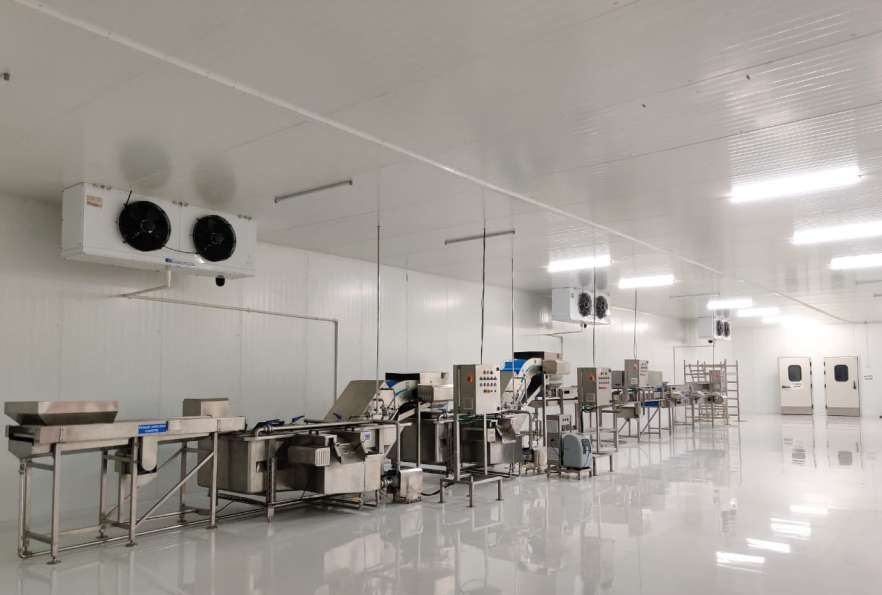Born and brought up in Hyderabad, Sachin Darbarwar is a software engineer who spent close to 18 years in New Zealand and Australia before making the move back to Hyderabad.
“I had a very beautiful childhood in India and somewhere in the back of my mind, I knew I wanted to come back home. The only question was about what I would do here,” Sachin tells The Better India. Though, it took a while to arrive at his next venture, Sachin, along with his wife Shweta, setup Simply Fresh in 2013 in Hyderabad’s Shamirpet. True to its name, the brand aims to provide nutritious food that’s free of chemicals and pesticides.
What got Sachin interested in this farm-to-fork venture was a concept called ‘Talking to Plants’. Here, every stage of plant growth was monitored, nutrient supply recorded and the environment around it controlled.
To further explore this idea, Sachin started working with botanists, professors and others involved in the agri-space and says that he was actively working on decoding the signals that plants send out. These signals are how each plant reacts to the environmental changes in the greenhouse and how it reacts to the nutrient that it is being fed.
“It was during my work on the project that I realised the potential of using technology in the agriculture space. Having lived and breathed technology for so long in Australia, the idea of using it for something new fascinated me,” he says. “To be able to get better produce by marrying technology to agriculture was the thought with which we started the company in 2013,” he says.
A journey back to India

In 2013, Sachin and Shweta, started Simply Fresh on a land parcel of about 10 acres. “When we started out, it was an experiment and we wanted to see whether we could make a commercial success out of this,” adds Shweta. She speaks about how one of the attractions at supermarkets in Australia were the wonderfully fresh produce that was made available for consumers. She describes the fresh produce as ‘inviting’ and felt that the same quality was not available in India. “The idea was to be able to bring that kind of quality and freshness to the produce being sold here as well,” she says.
When asked if they had some connection to the agriculture space, Sachin says, “My grandfather was a farmer, with considerable land holdings. While my father did not go down the same path, I think it was there somewhere in my DNA.” Before the couple set up operations in India, they set up a prototype in Australia and given how well it worked there, they started their first project in India. Starting with cultivating four acres, Sachin says, “We grew almost 150 varieties of vegetables, herbs, plants, and were supplying to supermarkets, hotels, and even various corporates around Hyderabad.”
Understanding and profiling plants

Shweta says that they started with growing 14 kinds of lettuce, 10 different types of herbs, tomato, capsicum, peppers, and various microgreens. “We meticulously profiled each plant, from day zero to harvest and understand their nutritional requirements under various climatic conditions,” she says. Just like the nutritional needs of a child changes from birth onwards, Sachin says that even plants need different nutrients during their life cycle.
In totality, plants consume 12 different nutrients, and Sachin says that the combination of these nutrients differs based on their stage of growth. “In summer, just how we like to stay away from oily and greasy food, even plants have a certain preference for what they like to consume in summer months. Technology helps us understand all this and more,” he says. Adding to this, he says, “We call our farms as ‘Precision’ farms as we have combined hydroponics with AI Technology for food safety, traceability, and sustainable farming.” Some examples of what is grown includes lettuce, vine crops, herbs, and microgreens.

“We noticed that there was an inherent problem in the space and finding reliable raw material was difficult. Most of the raw material being procured were from jungles and tribal areas,” says Sachin. This led to each batch being different and that caused a problem for the industry. In medicinal plants, the parameter that is monitored is ‘alkaloids’, which are naturally occurring substances in plants which have medicinal value.
It is of utmost importance to ensure that the plants being grown for medicinal use have no chemicals, pesticides, and heavy metals in them to ensure that the final product is not contaminated in any manner. “This gave us a huge edge and in 2017-2018 we started our production of medicinal plants,” says Shweta. Turmeric, ginger, ashwagandha, and safed musli are examples of medicinal plants grown at the farm.
Subsequently, in 2018, Simply Fresh also managed to raise $ 20 million and expanded their farming activity with a 150-acre facility in Arjunpatla, Siddipet. Sachin says that each day the farm has the capacity to produce close to 8,000 kgs of various produce, which is more than 29,20,000 kgs each year, grown over 22 acres of AI controlled automated greenhouses. The company employs 170 people, and almost 70 per cent of the workforce comes from in and around the local area. Both Sachin and Shweta take great pride in having created a farm that is state-of-the-art.
Some of the interesting aspects of the business includes a QR code based packaging, which aids in traceability.

Sachin says, “In working with the pharmaceutical companies, we found that they needed a great level of traceability. From when it was seeded, who seeded it, what climatic conditions were prevalent at that time, who handled it, harvested it, what was the weight when it was harvested, etc. In an attempt to answer all this, we introduced a QR based system.”
While there are various companies making claims of being organic, clean, and fresh, Simply Fresh introduced the QR code system to allow consumers to check every time they buy the produce. “Therefore, we have given all our customers open access to the system,” he says. Every pack that leaves the farm is accompanied by a QR code on the packet, which customers can scan on the website to gather more information. “Being able to back all the claims that the company makes is a very important part of our ecosystem. We also see many customers make use of this,” says Sachin.
If you would like to have a virtual tour of the farm, you can click here.
(Edited by Yoshita Rao)
No comments:
Post a Comment